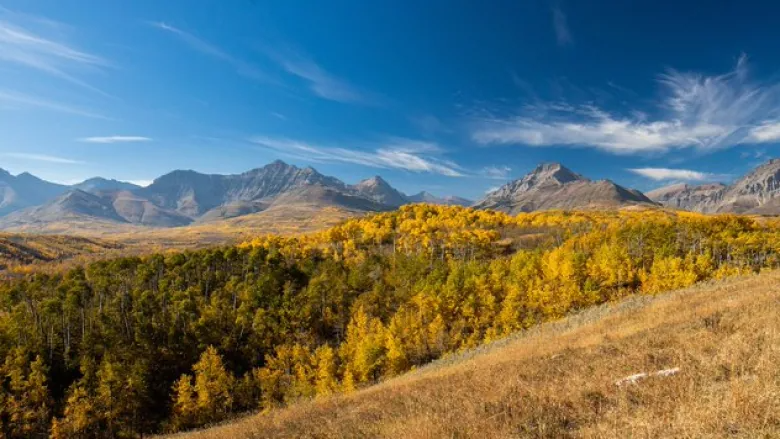Kawartha Conservation is encouraging local landowners to continue to help Bring Back the Fish through the restoration of stream banks and efforts to reduce erosion. “Increased development of urban areas can lead to additional strain and cause challenges for fish habitat and water quality, which is why it is essential that we work with local landowners and municipal partners to protect local species,” stated Kawartha Conservation’s landowner and community support officer Danielle Marcoux-Hunter, noting the outstanding support the agency has received from community members in the past has been extremely beneficial.
Peter S. Ross: We need to understand the extent to which floods further degrade fish habitat
With government agencies dealing with the urgent public safety needs of the day, the health of fish habitat ranked low on the list of priorities. But as floodwaters rose, the distinction between terrestrial and aquatic habitats blurred, salmon and sturgeon swam across farmers’ fields, and contaminants from human activities washed unfettered into streams and rivers.
Nature Conservancy of Canada announces campaign to save landscape in southern Alberta
The Nature Conservancy of Canada has announced a $6.9-million campaign to save a distinctive landscape near Waterton Lakes National Park in southern Alberta. The 1,650-hectare property, called The Yarrow, is located near the hamlet of Twin Butte, about 80 kilometres southwest of Lethbridge. The NCC says the property features grasslands, wetlands, creeks and mixed forests and includes 27 wildlife species of provincial or national significance — including grizzly bears, birds called bobolinks and little brown bats.
New research finds climate change affecting food supplies for First Nation in Ontario
First Nations across the widely-differing regions of Ontario are finding something ominous in common—unpredictable and unexpected changes to food supply tracing back to climate change. A pattern is emerging through research and interviews conducted on food security with members of the Anishinabek Nation, a representative body for 39 First Nations across the province.
Yukon pushed to develop protections for irreplaceable wetlands threatened by mining
An independent panel is urging the Yukon government to develop a wetlands policy to protect unique streams, bogs, fens and peatland from mining because there are no known ways to fully restore these sensitive ecosystems once disturbed. Wetlands filter water, provide habitat to species and sequester carbon but are quickly being lost to development worldwide — an issue drawing attention on World Wetlands Day Feb. 2.






